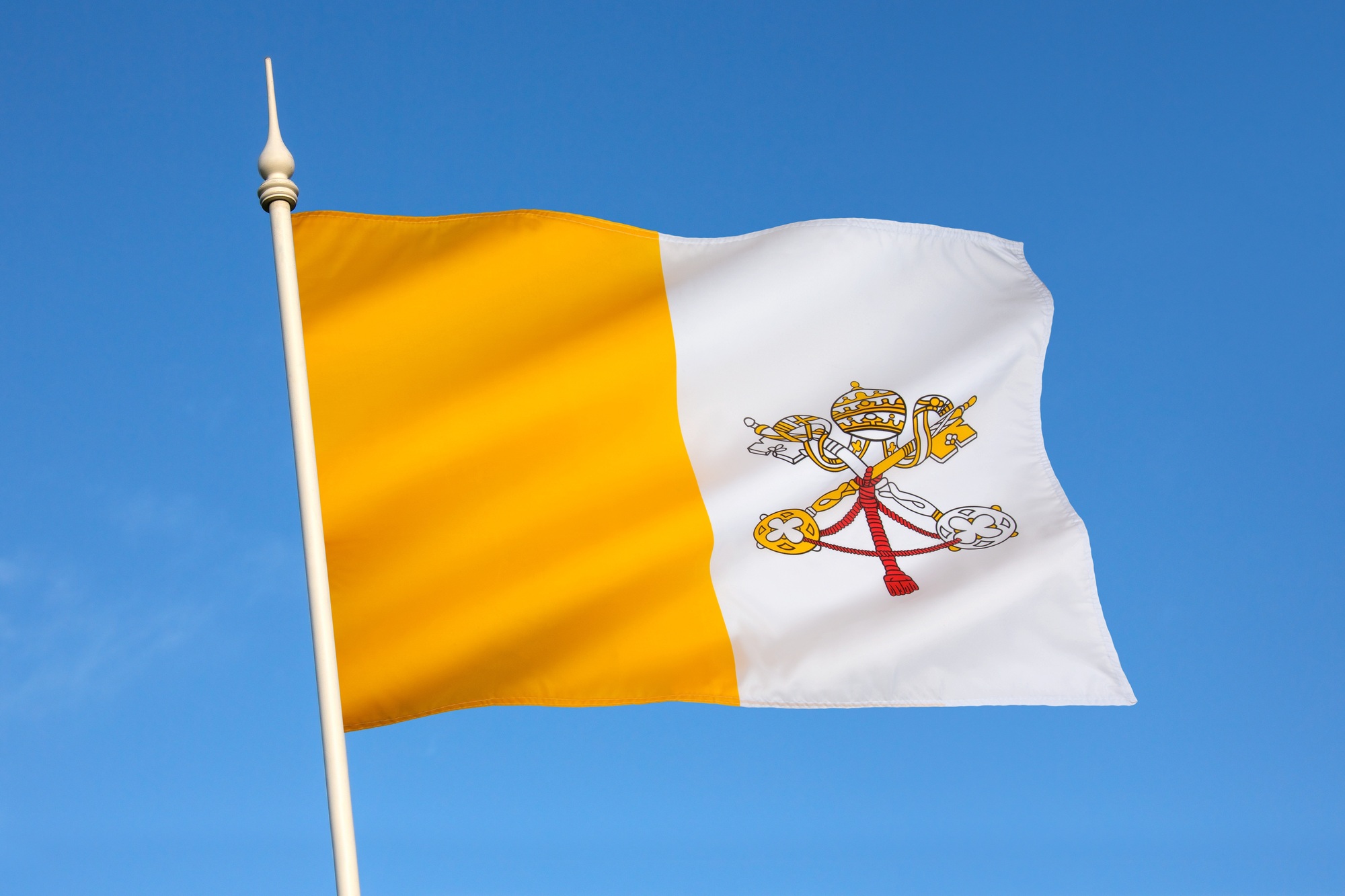The Vatican has issued a new warning about the rise of artificial intelligence (AI), emphasizing the ethical dilemmas and potential threats posed by unchecked AI development. This cautionary stance reflects broader global discussions about AI governance, the moral responsibility of developers, and the potential societal impacts of AI-driven decision-making.

The Vatican’s Position on AI
The Vatican has historically played a role in addressing ethical concerns surrounding emerging technologies. In its latest statement, the Holy See expressed concern about the moral implications of AI, particularly regarding its influence on human dignity, privacy, and employment. The Vatican’s warning aligns with previous ethical discussions about biotechnology, genetic engineering, and digital privacy.
Pope Francis has previously spoken about AI, urging world leaders and tech companies to develop AI with a sense of responsibility and moral conscience. The Vatican’s concerns center on the idea that AI should serve humanity rather than replace it or undermine fundamental human values.
Key Ethical Concerns Raised by the Vatican
The Vatican’s warning highlights several key ethical concerns about AI, including:
- The Risk of Dehumanization AI systems, particularly those involved in decision-making processes such as hiring, law enforcement, and medical diagnostics, could lead to a dehumanized society where algorithms determine people’s fate. The Vatican urges policymakers to ensure that AI remains a tool for human empowerment rather than a replacement for human judgment.
- Bias and Discrimination Many AI systems have been criticized for perpetuating biases based on race, gender, and socio-economic background. The Vatican’s statement warns against AI models reinforcing existing prejudices and calls for increased transparency in AI training data and decision-making processes.
- The Threat to Employment Automation and AI-driven systems are expected to displace millions of jobs in various sectors. The Vatican emphasizes the importance of protecting workers and ensuring that AI is used to augment human labor rather than replace it.
- Surveillance and Privacy Violations The Vatican also warns about the risks of mass surveillance and AI-powered data collection. With governments and corporations increasingly using AI for tracking and monitoring, there are concerns that personal freedoms and privacy could be eroded.
- The Role of AI in Warfare The Vatican has consistently opposed the militarization of AI, particularly the development of autonomous weapons. It calls for strict regulations on AI in warfare to prevent the emergence of lethal autonomous systems that operate without human oversight.
How the Vatican’s Stance Aligns with Global AI Ethics Debates
The Vatican’s position echoes growing concerns among international organizations, ethicists, and policymakers regarding AI governance. The European Union, for example, has introduced the AI Act, a legal framework designed to regulate AI and mitigate its potential harms. Similarly, the United Nations has advocated for a global AI treaty to ensure ethical AI deployment worldwide.
Big tech companies such as Google, Microsoft, and OpenAI have also acknowledged the need for responsible AI development, though critics argue that self-regulation is insufficient. The Vatican’s call for global cooperation suggests that AI ethics must go beyond corporate responsibility and require international legal frameworks.
What AI Developers and Policymakers Can Learn from the Vatican’s Warning
The Vatican’s message is not merely a warning but also a call to action. AI developers and policymakers can take the following steps to address these concerns:
- Embed ethical considerations into AI development: AI models should be designed with ethical frameworks that prioritize fairness, transparency, and accountability.
- Increase transparency: Companies should disclose how AI models are trained, the datasets used, and how bias is mitigated.
- Develop AI laws that protect human dignity: Governments should implement policies that regulate AI’s impact on employment, privacy, and human rights.
- Ensure AI complements human roles, rather than replacing them: AI should be used as an assistant rather than a substitute for human decision-making in critical areas.

Frequently Asked Questions (FAQ)
1. Why is the Vatican issuing a new warning about AI?
The Vatican is concerned about AI’s potential to erode human dignity, exacerbate biases, eliminate jobs, enable mass surveillance, and be weaponized in military conflicts.
2. Is AI inherently bad according to the Vatican?
No. The Vatican acknowledges that AI can have positive uses but stresses the importance of ethical oversight to ensure it benefits humanity rather than causing harm.
3. What actions does the Vatican propose for AI governance?
The Vatican advocates for global cooperation in AI ethics, transparency in AI development, and policies that protect human dignity and rights.
Conclusion
The Vatican’s new warning on artificial intelligence serves as an important reminder of the ethical dilemmas associated with rapid technological advancement. As AI continues to evolve, global stakeholders—including governments, tech companies, and religious institutions—must work together to ensure that AI remains a force for good while minimizing its risks. With ethical guidelines in place, AI can be a tool that uplifts society rather than one that threatens fundamental human values.
Sources The New York Times


